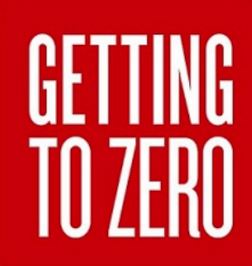 It is estimated that 53 000 people are living with HIV in Sudan but, unfortunately, two thirds of these people do not know that they are carrying the virus in their bodies. So they lead their daily lives totally unaware that not only do they need treatment to block the virus but they also need to take action to avoid transmitting the disease.
It is estimated that 53 000 people are living with HIV in Sudan but, unfortunately, two thirds of these people do not know that they are carrying the virus in their bodies. So they lead their daily lives totally unaware that not only do they need treatment to block the virus but they also need to take action to avoid transmitting the disease.
Moreover, many of those who do know their HIV status are unable to access the care and treatment services they need. At present, fewer than 4000 people, that is, only 7% of people living with HIV in Sudan, are receiving HIV medications.
We know that, thanks to antiretroviral therapy, HIV is no longer a death sentence. With treatment it becomes a chronic condition that can be managed without a major disruption to people’s normal lives.
A HIV-positive person who takes their medication regularly can lead a healthy, positive and productive life. They can work, study and have a family. Moreover, blocking the virus in the blood can reduce the chances of transmitting the infection to other people.
Giving the right treatment to all people living with HIV will save lives and put an end to this epidemic. Now is the time to make a major effort to reach every person infected with HIV and provide them with full care and treatment.
This year, the world has committed, through the new Sustainable Development Goals, to end the AIDS epidemic by 2030. WHO is building its global and regional strategy towards achievement of this goal. This can only be achieved through scaling up prevention and by closing the treatment coverage gap.
To mark World AIDS Day 2015, WHO would like to renew its commitment to the fight against HIV in Sudan. We will continue to work closely with the Ministry of Health and other HIV response partners to update strategic information about HIV, produce and update testing and treatment guidelines and protocols, build the capacities of health care providers and community members, reaching people and providing technical support wherever needed.



